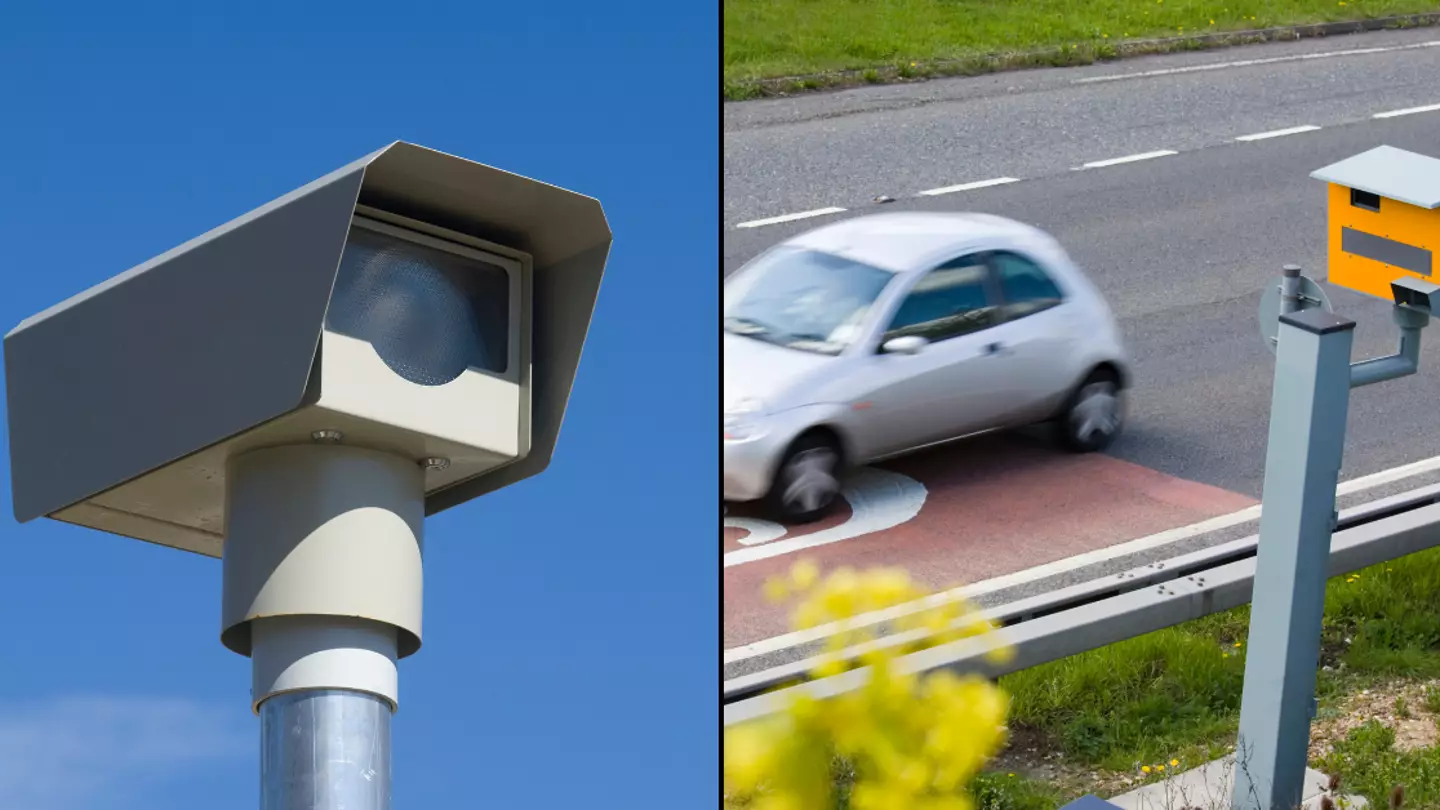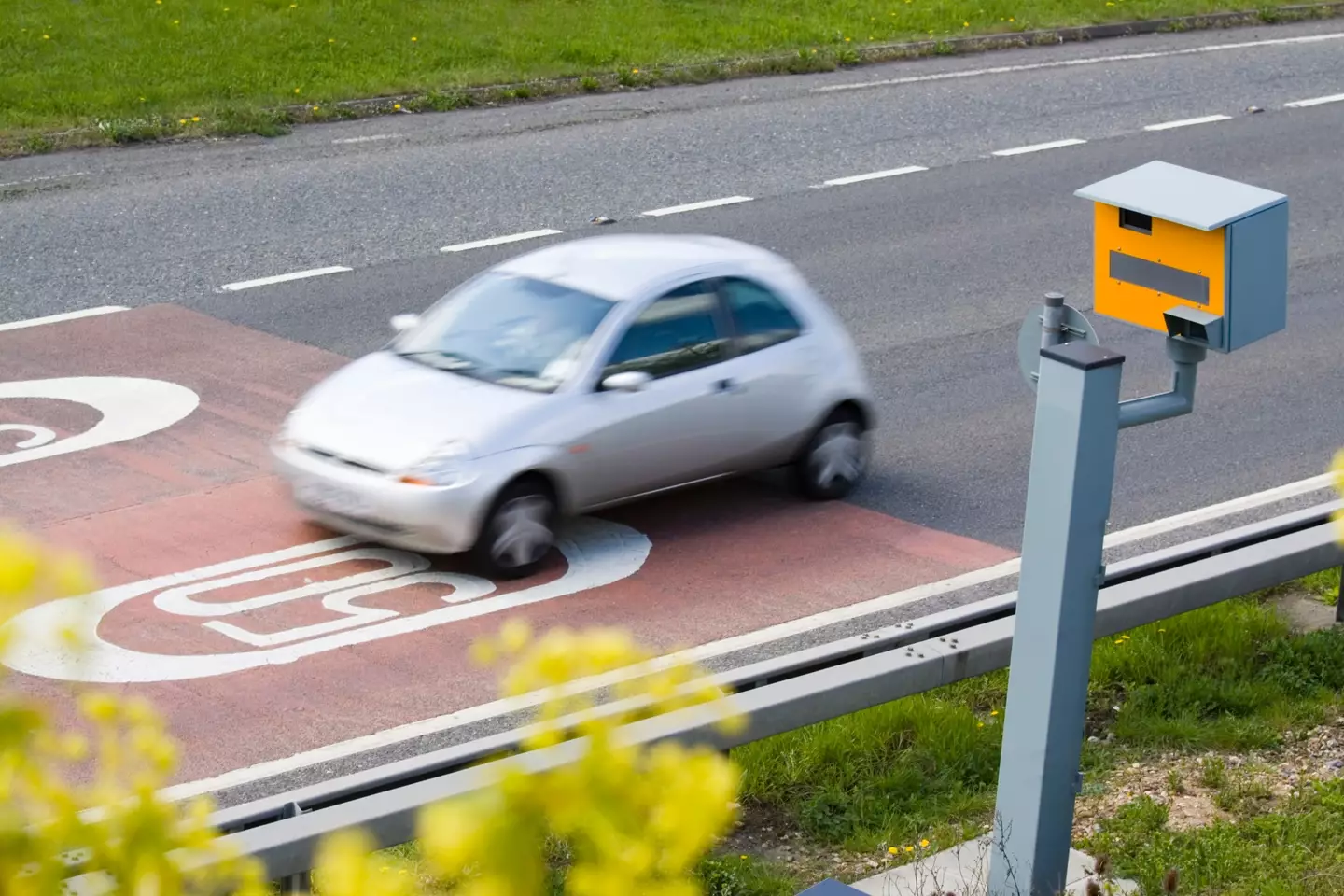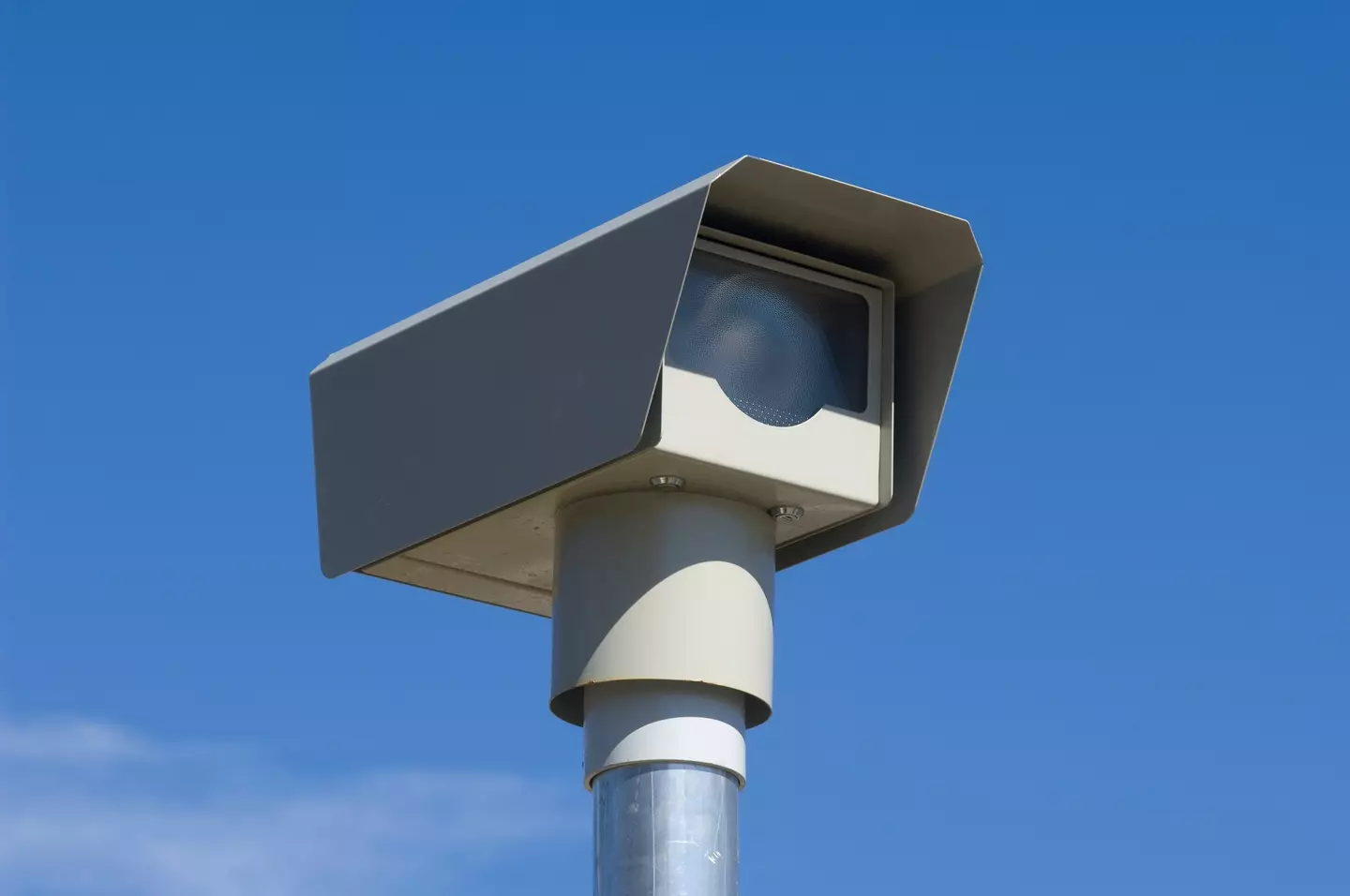
The UK is just two days away from a new change in the law that will have a huge effect on drivers up and down the country.
From Sunday (7 July), all new cars made in Europe will be required to have speed limiters fitted to them.
This is due to EU legislation that was passed back in 2022.
Now, we know the UK is no longer a part of the EU, but a lot of the cars we drive are made there.
Advert
And, cars made in the UK and sold in Europe also need them, so the new rule will definitely impact us.

There's no need to panic though. If you've already bought and registered your car, you don't need to do anything.
But all those unregistered vehicles sitting on the forecourts of car dealerships will have to have speed limiters fitted onto them retrospectively.
As for how it works, new Intelligent Speed Assistance (ISA) systems use speed sign recognition cameras and/or GPS-linked speed limit data to advise drivers of the speed limit as well as warn them if they’re going over it.
Advert
There are currently three ways an ISA could interfere with your driving.
The first is the 'advisory' ISA which will simply tell you if you've gone over the speed limit on the road you drive upon. This is something many SatNavs already do.
Then there's the 'supportive' ISA which will make it harder for you to press down on the accelerator pedal if you've gone over the limit.
Finally, there's the 'intervening' system which reduces power to the engine if you're speeding, gradually reducing speed until you're back within the legal limit.

Advert
However, while experts say the use of these ISA systems will 'significantly reduce the risk of penalties', not everybody's happy about the new law.
Some concerns include the fact that the warning signals for speeding can be annoying for the driver, according to Auto Trader.
There are also questions surrounding the technology's accuracy and whether it's advanced enough to do the job effectively.
Forward-facing cameras with traffic-sign recognition sometimes miss speed changes and there have been instances when a car's sat-nav has incorrectly assumed that they'd exited a motorway.
In cases like this, the car signalling you to reduce your speed from 70 to 30 mph could cause a major issue.
Advert
But, the European Commission has stated: "The driver is always responsible for adhering to the relevant traffic rules. The ISA system is a best-effort driver assistance system to alert the driver, whenever possible and appropriate."
Basically, if you get caught speeding, you can't blame it on the car.
Topics: UK News, Cars, Driving, Technology
